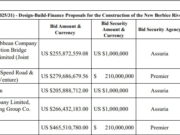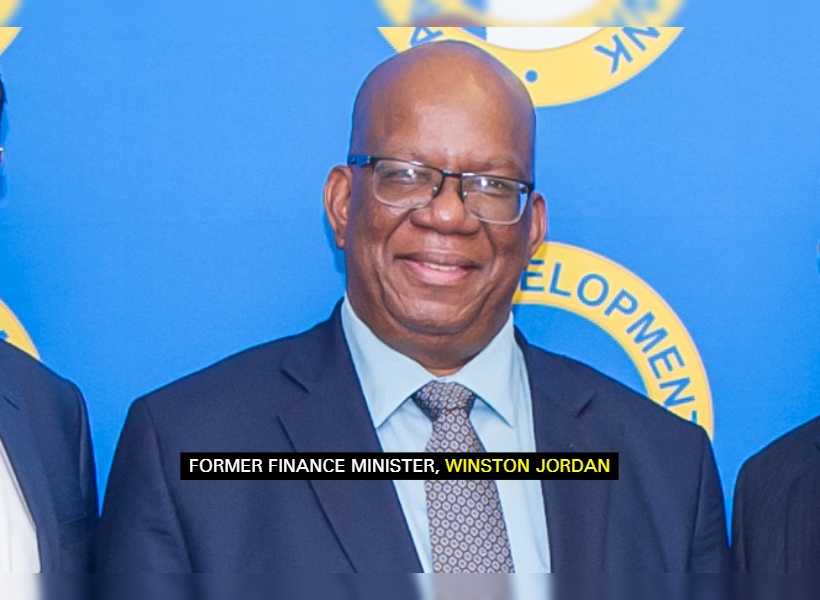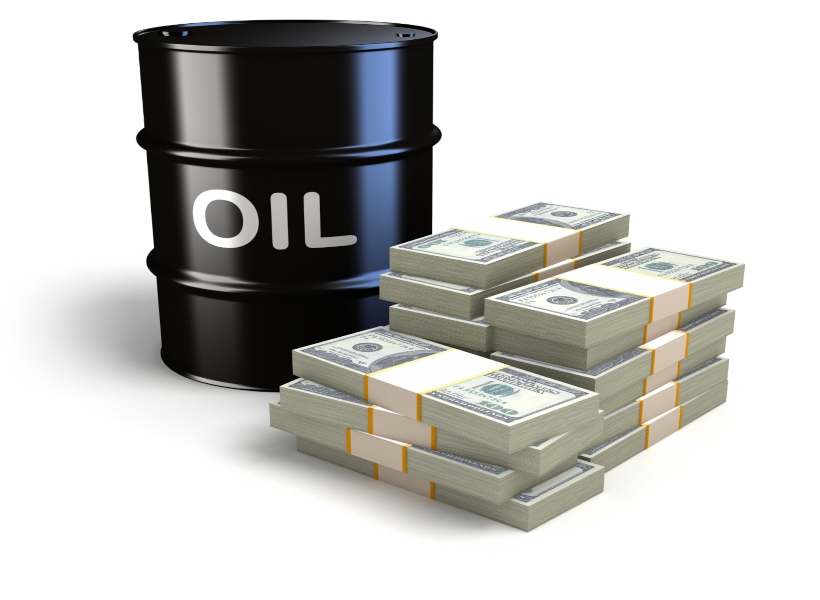The International Monetary Fund (IMF) today unveiled insights in its country report on Guyana, indicating that once ExxonMobil Guyana and its Stabroek Block partners recoup costs from their oil projects, Guyana is poised to experience a surge in revenues.
Governed by the 2016 Production Sharing Agreement (PSA), this arrangement allows the Stabroek Block partners to recover 75% of investments before sharing the remaining 25%, with Guyana securing 12.5%.
The IMF report sheds light on two key rules set by the Government of Guyana (GoG) to manage oil proceeds effectively – on which it receives and saves a large share of oil proceeds to avoid building up rapid macro-economic imbalances.
The first rule pertains to the sharing of oil proceeds with the Exxon consortium, acknowledging that initial large upfront investments in oil extraction, is needed. As such, the IMF said that exploration and development costs represent a high share of the oil receipts in the first years, thereby reducing the portion of oil production considered as profit.
However, the report emphasises, “Once costs are fully recovered, a larger portion of oil production will be considered profit, and an increasingly large share of oil proceeds will be received by the government.”
Addressing the second set of rules, the IMF highlighted that the Natural Resource Fund (NRF) Act was not ratified in 2019 and amended in 2021. This Act establishes the NRF as a sovereign wealth fund, aiming to decouple public spending from the volatility of natural resource revenues.
The report underscored that the NRF ensures fair intergenerational wealth transfer, promotes an inclusive green economy, and funds national development priorities.
The IMF outlined that withdrawals from the NRF to the budget are subject to annual ceilings and parliamentary approval, and can be used only to finance national development priorities and “essential projects that are directly related to ameliorating the effect of a major natural disaster.”
The report further notes that in 2020, the initial oil proceeds were deposited into an offshore account of the NRF, and in 2022, the first funds, totaling just over 4 percent of Gross Domestic Product (GDP), were transferred to the budget. Last week, the Government announced its seventh withdrawal from the NRF, in the sum of US$100 million.











